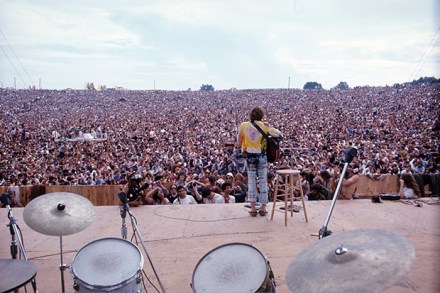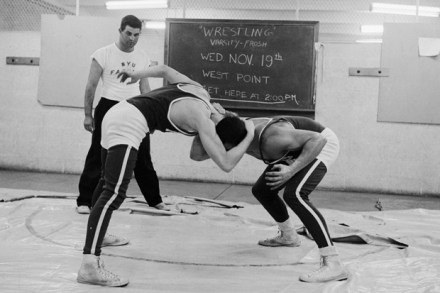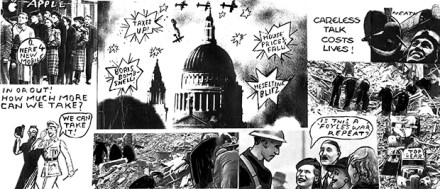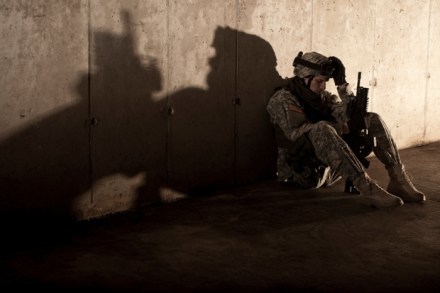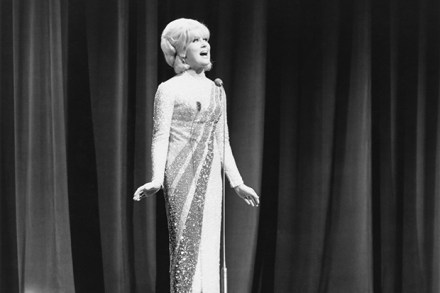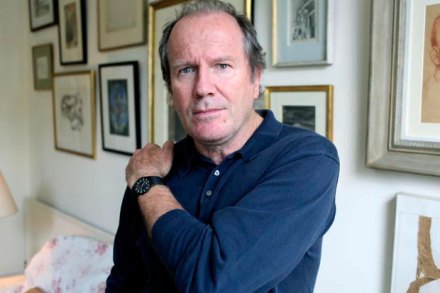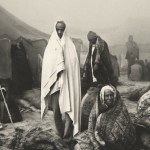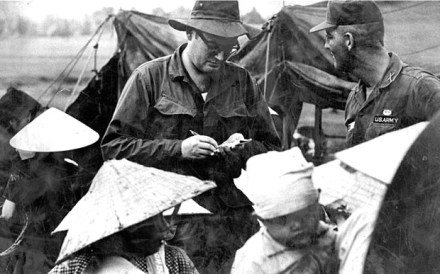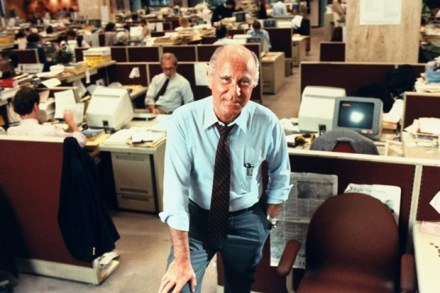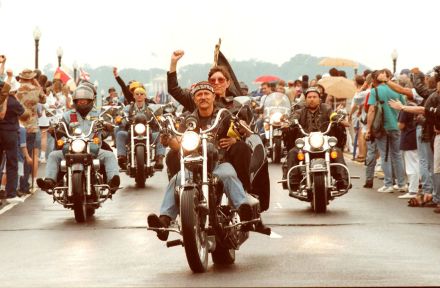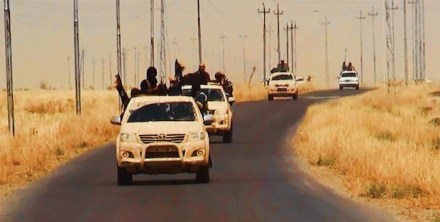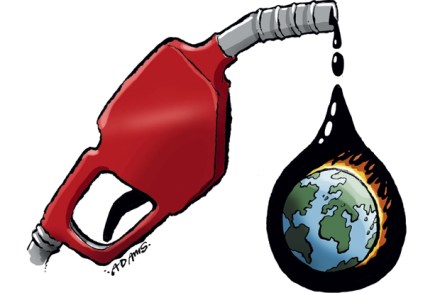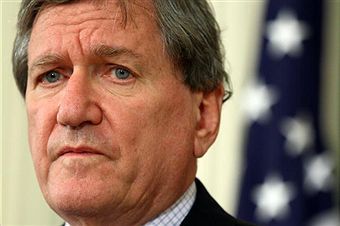Time to change the record
Back in the high optimism of the 2008 presidential campaign, one of Barack Obama’s more extravagant hopes was that ‘the psychodrama of the baby boom generation’ would finally be left behind: that no longer would the kind of radical late-Sixties politics ‘hatched on a handful of college campuses long ago’ be seen by both its supporters and its opponents as the key to understanding more or less everything about modern life. Sadly, though, if Obama needs proof of how comprehensively this hope has been dashed, he need only head to the V&A — where, with the supporters firmly in charge, the whole story of how great the late Sixties were,
